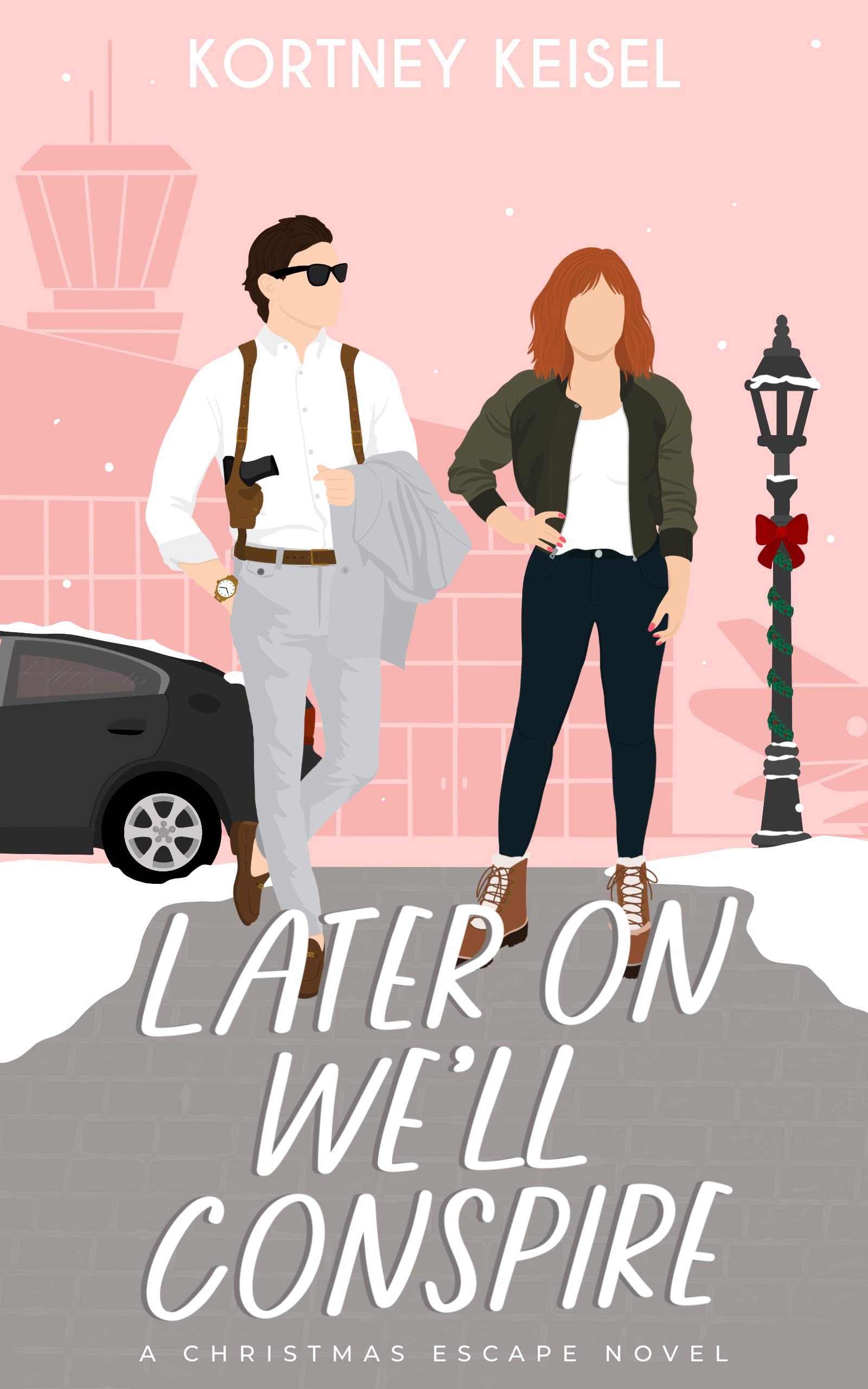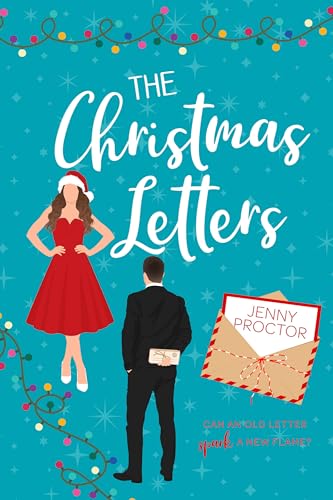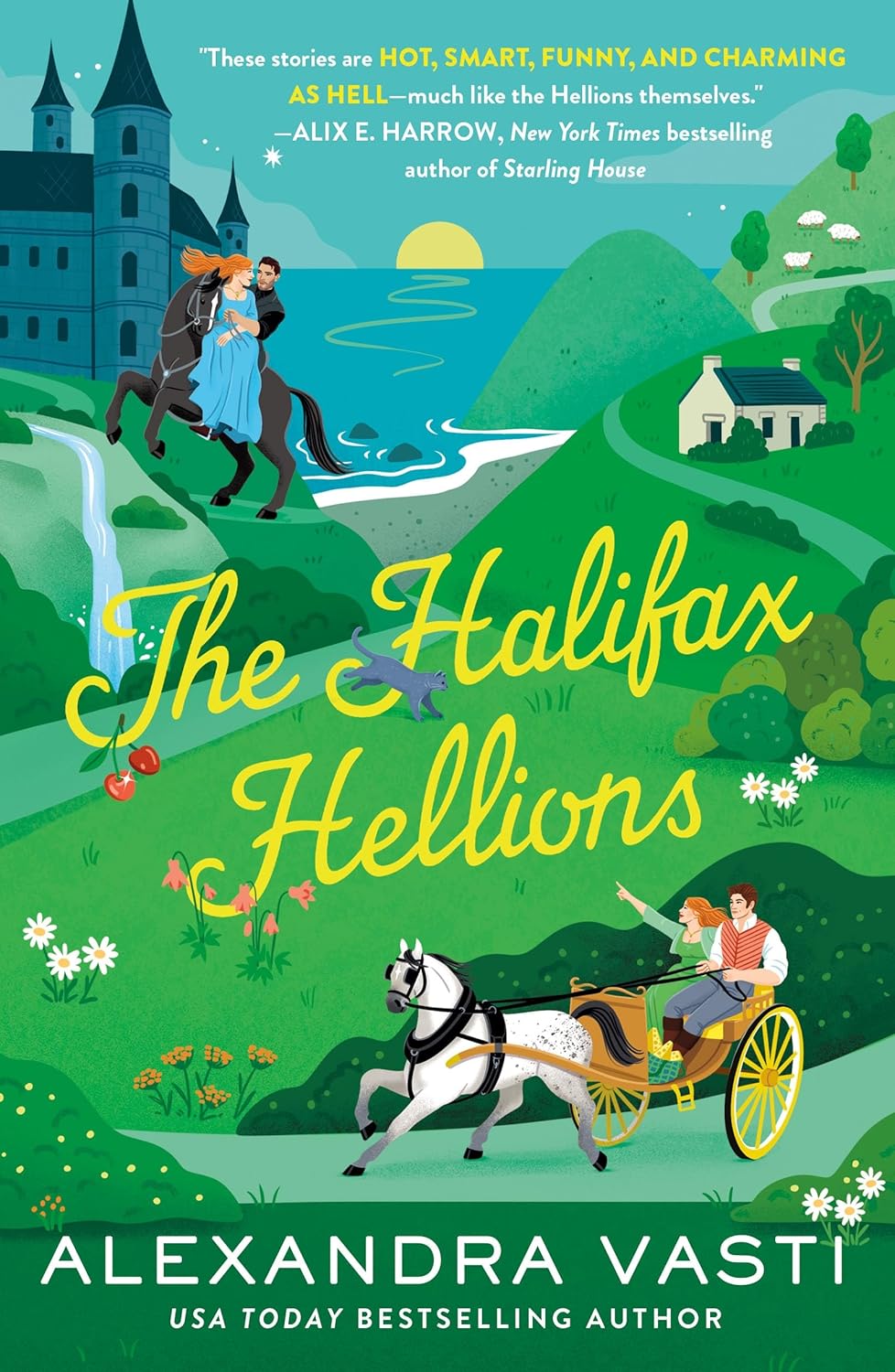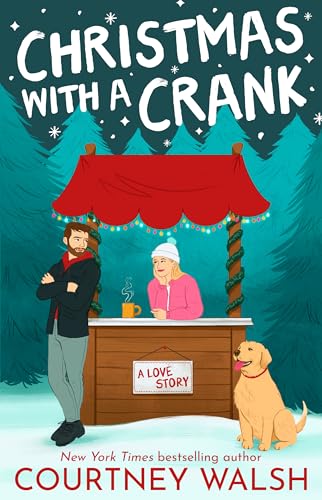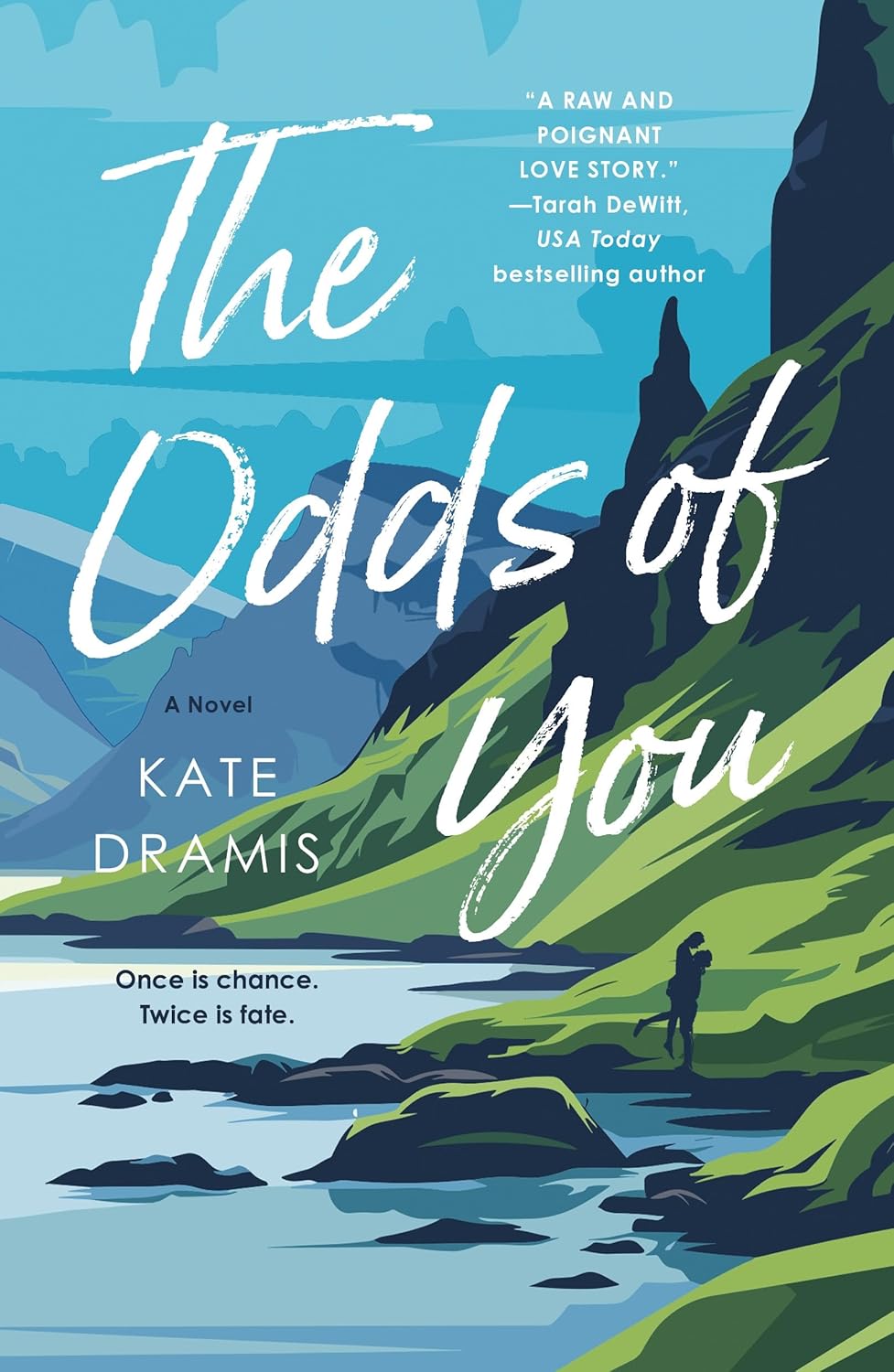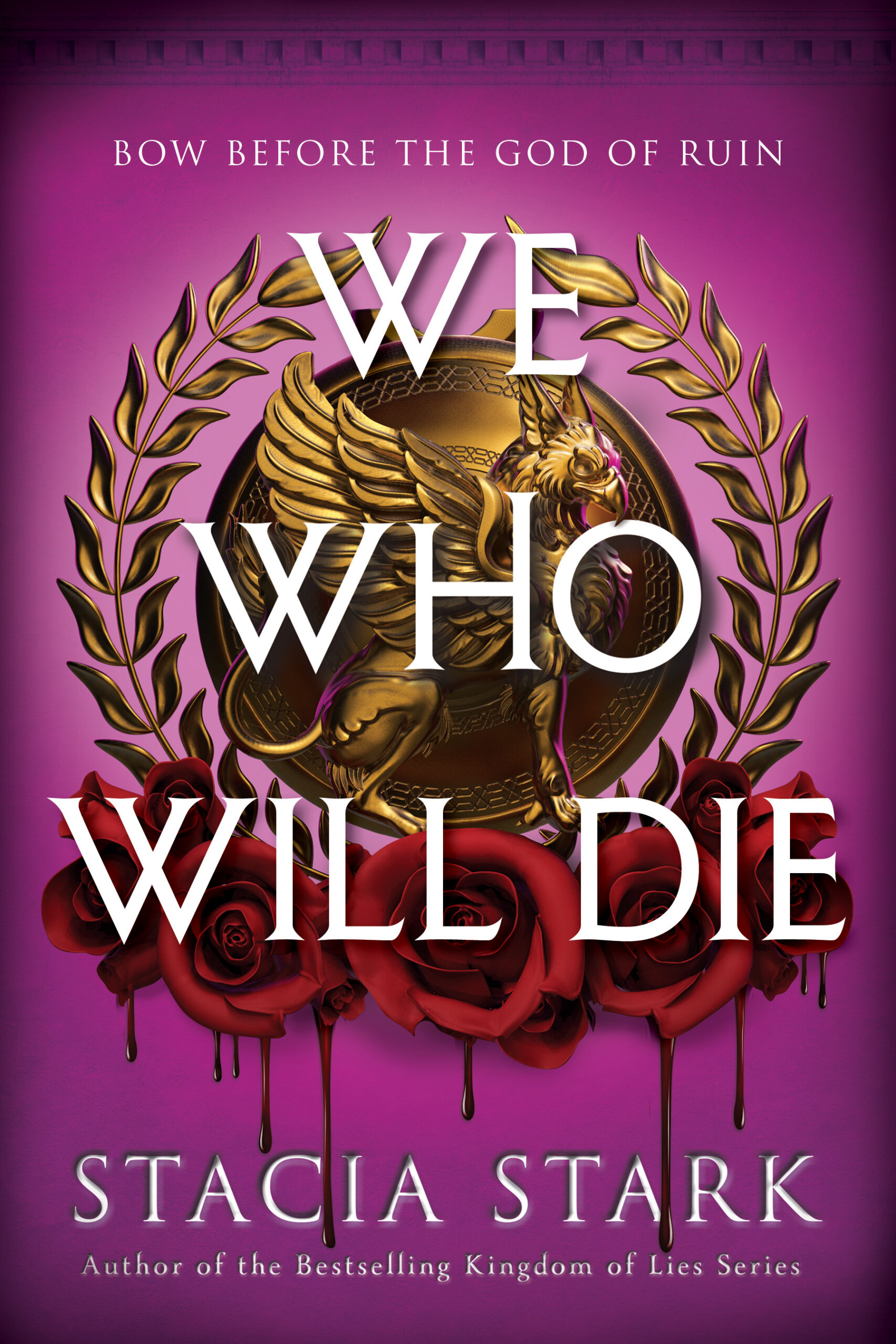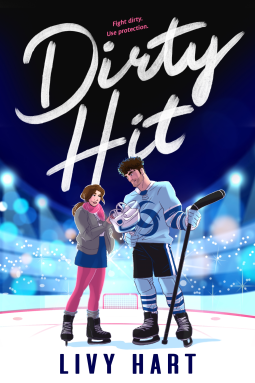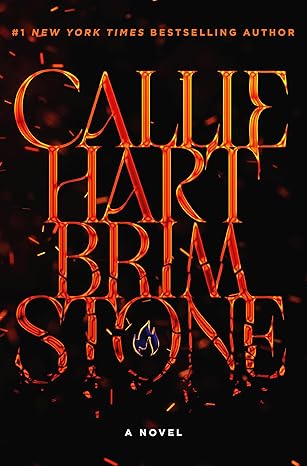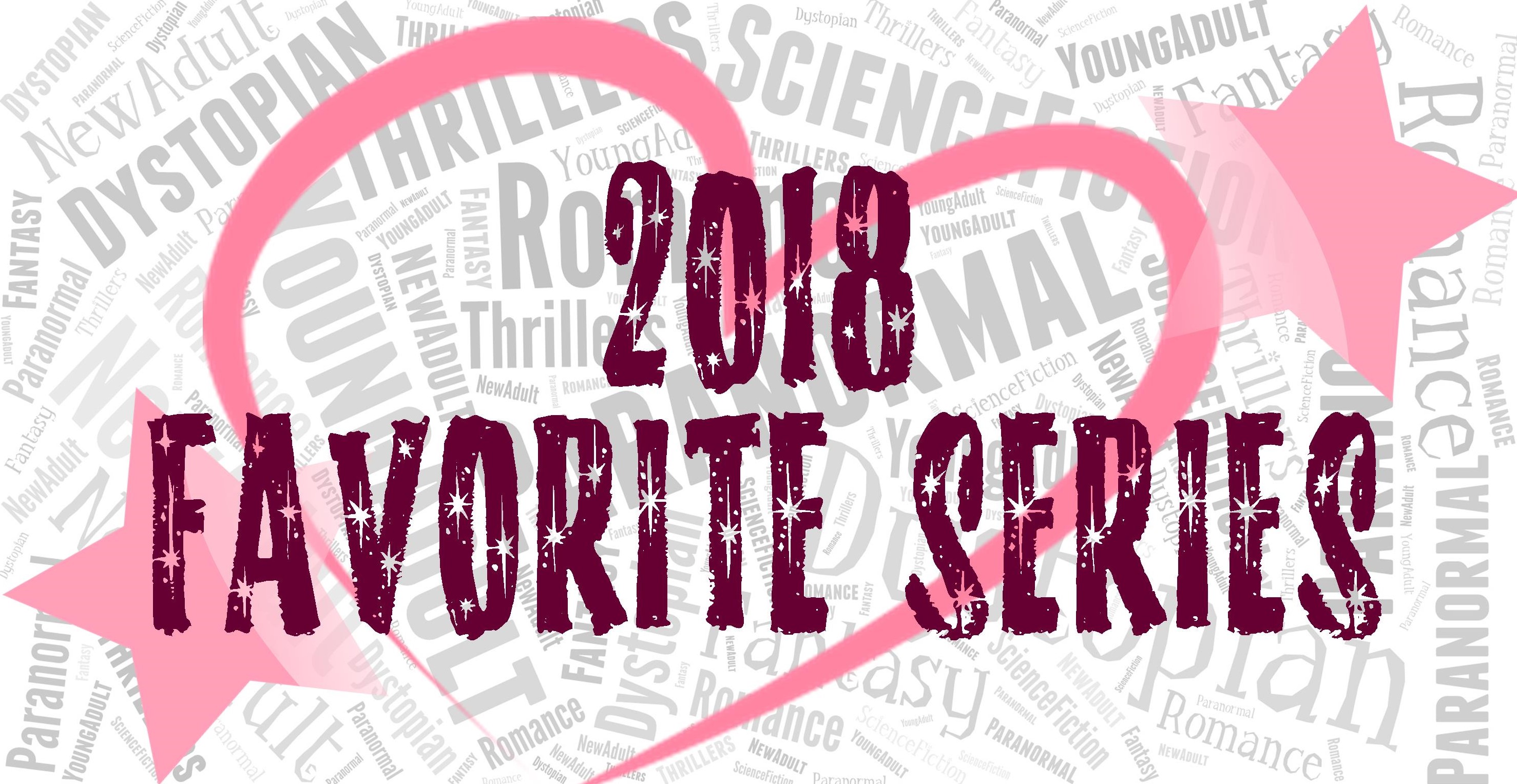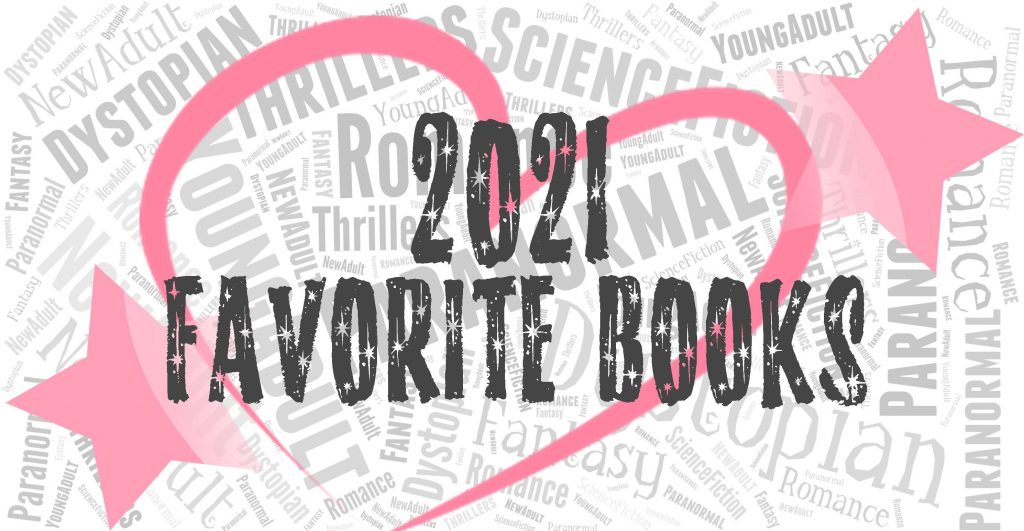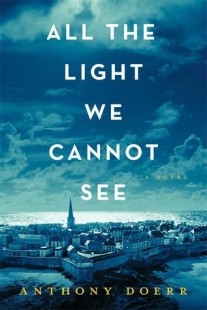 All the Light We Cannot See by Anthony Doerr
All the Light We Cannot See by Anthony Doerr Purchase on: Amazon
Add to: Goodreads
Synopsis:
From the highly acclaimed, multiple award-winning Anthony Doerr, a stunningly ambitious and beautiful novel about a blind French girl and a German boy whose paths collide in occupied France as both try to survive the devastation of World War II.
Marie Laure lives with her father in Paris within walking distance of the Museum of Natural History where he works as the master of the locks (there are thousands of locks in the museum). When she is six, she goes blind, and her father builds her a model of their neighborhood, every house, every manhole, so she can memorize it with her fingers and navigate the real streets with her feet and cane.
When the Germans occupy Paris, father and daughter flee to Saint-Malo on the Brittany coast, where Marie-Laure's agoraphobic great uncle lives in a tall, narrow house by the sea wall.
In another world in Germany, an orphan boy, Werner, grows up with his younger sister, Jutta, both enchanted by a crude radio Werner finds. He becomes a master at building and fixing radios, a talent that wins him a place at an elite and brutal military academy and, ultimately, makes him a highly specialized tracker of the Resistance.
Werner travels through the heart of Hitler Youth to the far-flung outskirts of Russia, and finally into Saint-Malo, where his path converges with Marie-Laure.
Doerr's gorgeous combination of soaring imagination with observation is electric. Deftly interweaving the lives of Marie-Laure and Werner, Doerr illuminates the ways, against all odds, people try to be good to one another. Ten years in the writing, All the Light We Cannot See is his most ambitious and dazzling work.

5 stars for now because I will never forget this story. What they mean, will they stick, is another story. I may be able to review this novel in 20 minutes or days or years. For now I feel betrayed and speechless and sick and humbled and haunted and confused and hopeful and depressed and mad and bewitched and exhausted.
Perhaps I’m supposed to. Perhaps I’m not.
“I need to gather my thoughts” never sounded so fitting, really. Trust me, you don’t want to be in my head right now, because I’m so fucking incoherent – I tried explaining aloud what I felt and why I felt it, and then I realized that I cannot : in this very moment, Anthony Doerr‘s characters are just far too complex for me to express why I want to curl up and cry – from sadness, from joy, really, who the fuck cares.
In the end, I’m crying. Why I am is irrelevant.
Oh, fuck this – who am I kidding really. I AM CRUSHED.
So many words fighting in my head and here I am, chasing behind, restless. Enraptured by the beautiful – formidable – imagery, I was torn open by the ceaseless tension all the same.
Never have I wished so hard for the little lights to overtake the darkness. Perhaps they did. Right now, I’m in a dark place, but look, there, isn’t it a little spark of hope struggling? Let’s see what tomorrow will bring, shall we?
Or next year.
D + 1 : One day after, I still can’t escape this book – I barely slept, I’m stupidly tearing up at the most awkward moments, and pages and pages of my rambling (that I shall or shall not share someday) keep adding up in my computer. Damn you, Anthony Doerr. You may have broken me.
* A little addition because I need to get it off my chest *
Rarely did a novel make me think and argue so much round and round in circles. When I mentioned Werner around me, people told me that I shouldn’t bother with him. He’s a German during WWII, he’s a Nazi, you know. WHY DO YOU FUCKING BOTHER. HOW CAN YOU CARE. He condoned. How can his fate be interesting. How can his childhood seem insightful to you. Are you excusing him? He’s a monster through and through – as if monsters were born and not created.
By no means do I excuse his actions. By no means does Anthony Doerr excuse his actions, either. That is not what it’s about at all. And yet, and yet. My pupils – my smart, compassionate pupils of 10 – they would be so easily influenced. I can’t not SEE it. It’s no secret that we French are very strict on political and religious neutrality as teachers, and this is something I really care about. But it doesn’t mean that children aren’t influenced. They hear so many stupid and mindless things every day, on TV, or everywhere really.
In that aspect, being a teacher is very much like demining sometimes. No, there aren’t different categories of French. No, there’s no such thing as a true French. No, there are not different species of humans on Earth. Only one. And every time, every time, I can’t help but think – but what if? What if someone else answered – differently, with a heart full of hate? WHAT IF, THEN?
I guess that what I wanted to say, albeit clumsily, is this : you who dismiss the influence of the brainwashing of children in History, how can you, when you lived all your life in a free environment, turn a blind eye on so many injustices because it suits you? How can you not see that our Present is the future History and that all our decisions, as a country, matter?
I’m angry at town councils around here who refuse to welcome refugees. I’m angry and depressed by the number of people in my country who think that the far right party is a good idea. It’s so easy to draw generalities – sometimes I think, especially lately when my fellow French’s votes scare the shit out of me – and if they managed to elect this racist, stupid shit? Where would go my voice? Where would go my pupils’ voices? In which country would they grow as adults? It sickens me to even consider it.
So, Werner. My heart shattered for him – this disaster waiting to happen, the raw hopelessness of his childhood, and the fall, the fall, the fall – Anthony Doerr created such a believable and heartbreaking character. I cannot thank him enough for it.
When my pupils ask me what the purpose of History is, I answer them that we need History to understand our Present – I would love to assure them that we use History to avoid making the same mistakes over and over again, but really, it would be a lie, right? Even they can see it. Yet we need History so much, and we need books like All the Light We Cannot See. Of that I’m sure.
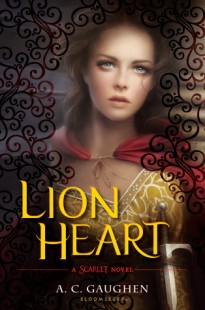 Lion Heart (
Lion Heart (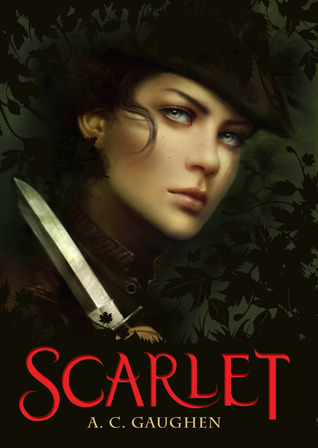


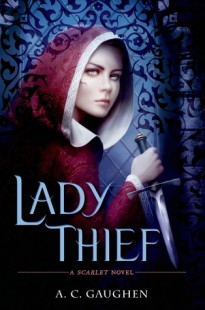 Lady Thief (
Lady Thief (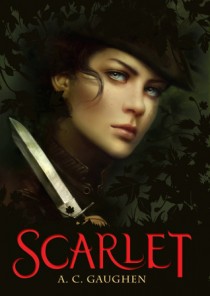 Scarlet (
Scarlet (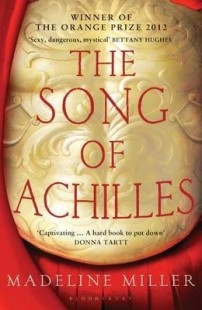 The Song of Achilles by
The Song of Achilles by 



